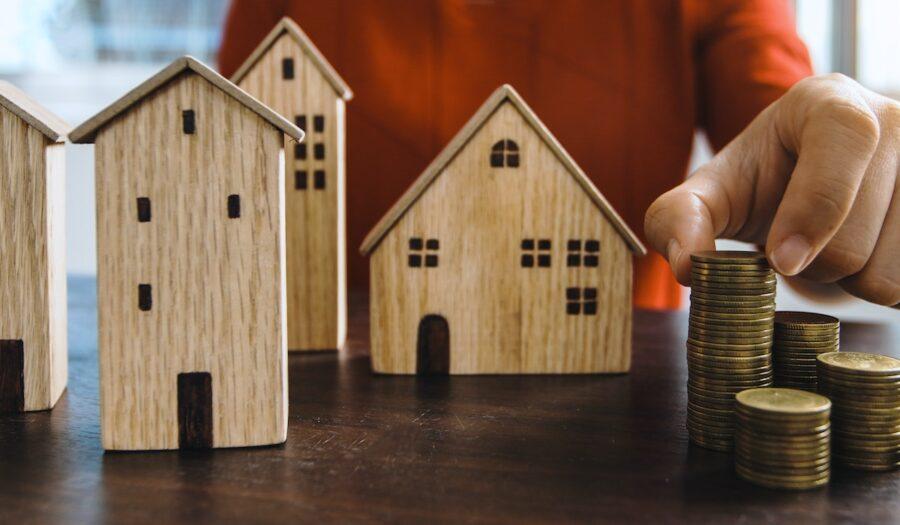Owning a property involves significant financial stability responsibilities, including making scheduled debt payments and ensuring the property remains in good repair. But anyone who owns a home is also responsible for keeping up with the property taxes, which can be an overwhelming task for some people. Here are some ways to maintain financial stability as a homeowner to ensure you stay on track.
1. Track Your Mortgage Interest Payment
You’ll pay a fixed or variable interest rate with your mortgage payment. A fixed rate does not change throughout your repayment contract, while a variable rate does. When choosing the correct mortgage for your property, it’s essential to research the best mortgage deals available to you and then take that information to a financial planner. They can help you decide whether it’s better to stick with a stable interest rate or opt for variable rates to save money in the long run.
2. Keep Track of Repairs
While it’s essential to ensure the safety of your home and its value, it’s also vital to address property issues before they become severe.If you have a trusted contractor you love working with, keep them close in case an emergency repair is needed. Ensure your homeowner’s insurance is always current. You never know when you might need to deal with major home repairs. A small leak can quickly become a bigger problem that can cause damages to your home. More severe damage may require you to call a company who specializes in water damage restoration in Denver. Be sure to take your time researching to find the best company for your needs. There are many different restoration services, so you’ll want to make sure they’re the right fit for you.
3. Create a Household Budget
Just because you receive a fixed monthly income doesn’t mean your monthly bills will be the same. To keep yourself on track, identify ways you can reduce your expenses and make great choices about how to spend your money each month.
Budgets can be somewhat tricky regarding homeownership because there are several different categories of expenses, each with a specific payment schedule. Planning out these payments along with other major expenses and monthly bills is an excellent way to create a household budget that helps you better manage your finances. Having a budget will also help you stick to a realistic repayment plan.
4. Hire a Tax Professional
Tax season is always stressful as you wait for your refund check and hope it’s larger than expected. Hiring a tax professional can ensure you’re taking advantage of all the tax exemptions available to homeowners, including governmental incentive programs for home improvements and upgrading to solar panel systems for power generation.
When deciding whether you need a professional, consider how complicated your tax situation is and if last year’s return was filed correctly. If not, paying the fee for the year-round support could save money in the long run by preventing penalties and interest charges from accruing on your tax bill.
5. Consider a Retirement Fund
A retirement fund is one of the most important things you can have as a homeowner. Not only will you have funds when you stop working, but you will have a certain amount set aside each year.
There are several types of retirement funds; some may be better suited than others for your goals and needs. Talk to an experienced financial planner who can help create the proper budget for you and determine which type of retirement fund best suits your financial situation.
6. Do not be Impulsive
It is easy to make impulsive purchases when you own your own home. You may want to replace worn drapes or add a new porch swing. Before making such a decision, however, take the time to consider all the costs involved in this type of upgrade versus the benefits it will bring. Make sure the cost is worth it, and don’t forget to include any labor costs when planning your budget.
7. Invest
It may not be easy to think about investing when you own a property, but it is essential to do so. Find other people’s experiences with certain investments, and don’t be afraid to ask questions. What is essential when selecting an investment is to know your goals. Some investments will be better for younger people who want to start saving for retirement, while others may be more suited for older homeowners.
Conclusion
Whether you are a homeowner or planning to be, striving for financial stability is essential. Staying organized and being proactive about your finances will allow you to monitor your spending habits and ensure you get the most out of your income. When creating a budget, don’t forget to include those additional costs that may come with owning a home. These tips can help make your property ownership experience more enjoyable and effective.




